LifeArc-AUTM Technology Transfer Fellowship
This programme, run in partnership with AUTM Foundation, equips academic life scientists, at the graduate or post-doctoral level, with the skills and knowledge to transition into careers in technology transfer through a curriculum that combines formal training with networking, mentoring and practical experience in the field.
Duration: 12 months
Applications open
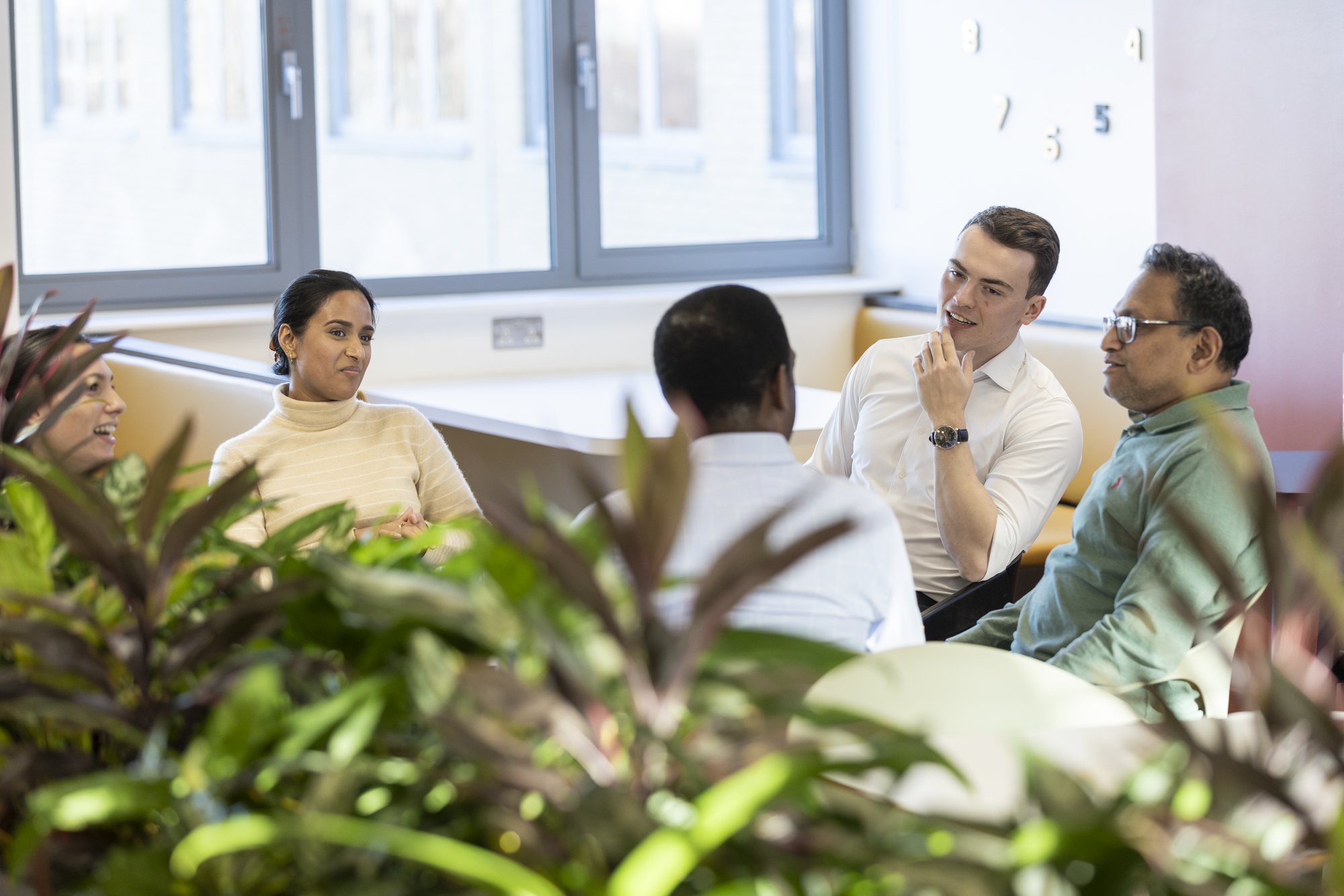
Programme information
Who can apply for a LifeArc-AUTM Fellowship?
Are you an academic scientist, at the graduate or post-doctoral level in life sciences, with little (less than a year) or no direct work experience in technology transfer who has a passion for innovation, and would like to train to become a technology transfer professional?
If so, our technology transfer fellowship programme provides fast track training into the world of technology transfer – helping to ensure the great science can make a real difference to patients’ lives.
Each fellow receives
- Two years’ AUTM membership, plus access to AUTM’s Technology Transfer Practice Manual and 90 +Webinars
- One year ASTP membership
- Attendance at specialised training courses delivered by experts
- Access to wide network of technology transfer professionals
- Attendance to a unique Technology Transfer Speaker Series delivered by global experts
- Guidance and support throughout the programme
Mentoring
Assignment of an experienced technology transfer mentor available throughout the Training Programme.
Attendance at international technology transfer events
Registration, hotels and airfare are covered for:
- AUTM’s Essentials Courses, (date and location tbc)
- AUTM’s 2025 Annual Meeting, 2nd – 5th March 2025, Washington DC
- A major European Technology Transfer Conference i.e. ASTP annual Conference, May 2025
Internships
Potential to participate in a four-week internship in an academic technology transfer office within the United States or Europe, during the summer.
The selection process
Applications will be evaluated by a joint LifeArc and AUTM selection panel who will award up to 17 fellowships, at least two of which will be awarded to non-UK Europe residing applicants.
Apply for the LifeArc-AUTM Fellowship
The 2024 Fellowship year will commence on Monday, 19 August 2024. Applications are now being accepted.
What our past fellows say
Past fellows have gone on to prominent technology transfer roles. Find out more about their experiences on the programme below.
Tansi
“Right from the start, the support and mentoring we received was incredible.”
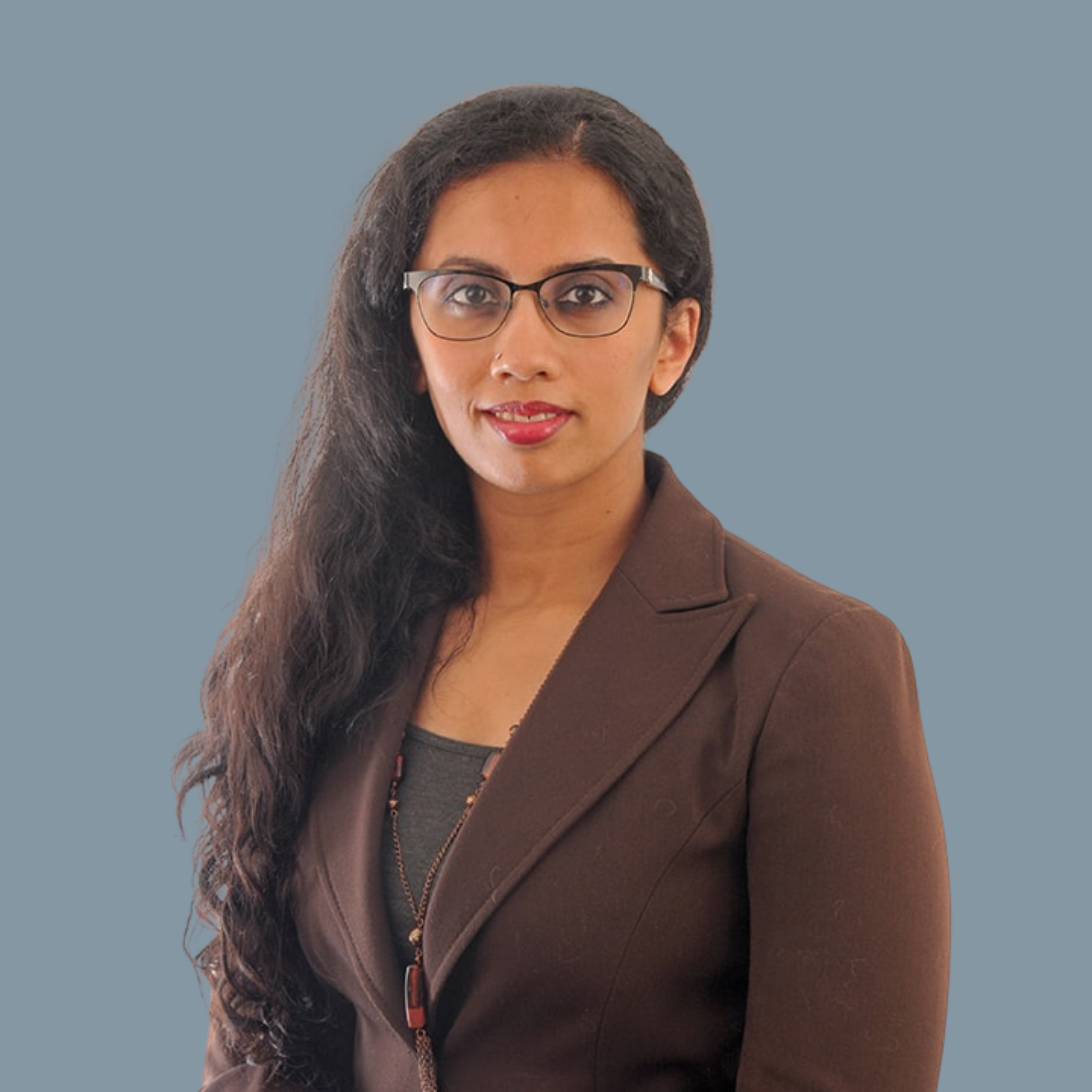
Connie
“I expected formal training sessions and meetings every couple of weeks, but my expectations were far exceeded.”

2024 – 2025 Programme
| Date | Agenda |
|---|---|
| August 2024 | Welcome meeting |
| September/October 2024 | AUTM Essentials course (location tbc) |
| 2 to 5 March 2025 | AUTM 2025 Annual Conference, Washington DC |
| March 2025 (date tbc) | Choice of Technology Valuation or Technology Marketing Course (taken as a preconference course) |
| March 2025 | Negotiation course (taken within the AUTM conference) |
| May 2025 | ASTP* Conference 2025 |
| June 2025 | PraxisAuril* Conference 2025 |
FAQs
How many hours of study are required to complete the AUTM webinar training modules?
The rate of study is dependent on the circumstances of the fellow. However, we recommend each fellow devotes at least four hours a week to study. This will ensure the fellow completes all modules and is prepared for the training and conferences that are part of the programme.
Is funding available?
The LifeArc-AUTM Fellowships combine formal training with networking, mentoring and practical experience in the field. Expenses for international travel are covered, but no further funding is available with this programme. Where possible, assistance will be provided in terms of networking and mentoring to secure an eight-week placement in a technology transfer office. The level of financial support during the internship/placement is at the discretion of the hosting establishment.
Do I need permission from my employer or supervisor to apply?
Your application will need to include a reference from your current or most recent employer or supervisor. You will also need to ensure you can have time off from your current position to attend two major AUTM meetings, as well as, where possible, an eight-week internship in a technology transfer office.
Is practical experience included?
Most fellows secure a position in the technology transfer sector prior to the end of the programme. The possibility to gain practical experience as a LifeArc-AUTM Fellow is optional, with assistance provided in the form of mentoring, networking and support to secure an internship/placement at an appropriate technology transfer establishment. The level of financial support during the internship/placement is at the discretion of the hosting establishment.
Is the programme open to only UK applicants?
The LifeArc-AUTM Fellowship is open to European-based applicants who can travel to the US for the designated training course and conferences that are part of the programme. Our full-time programme, the Technology Transfer Fellowship, requires all applicants to be based within daily travel distance of London.
Who to contact
-
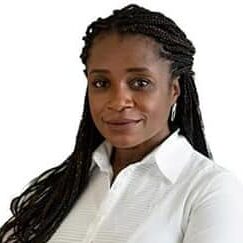
Anji Miller
Read bio: Anji Miller
More career opportunities
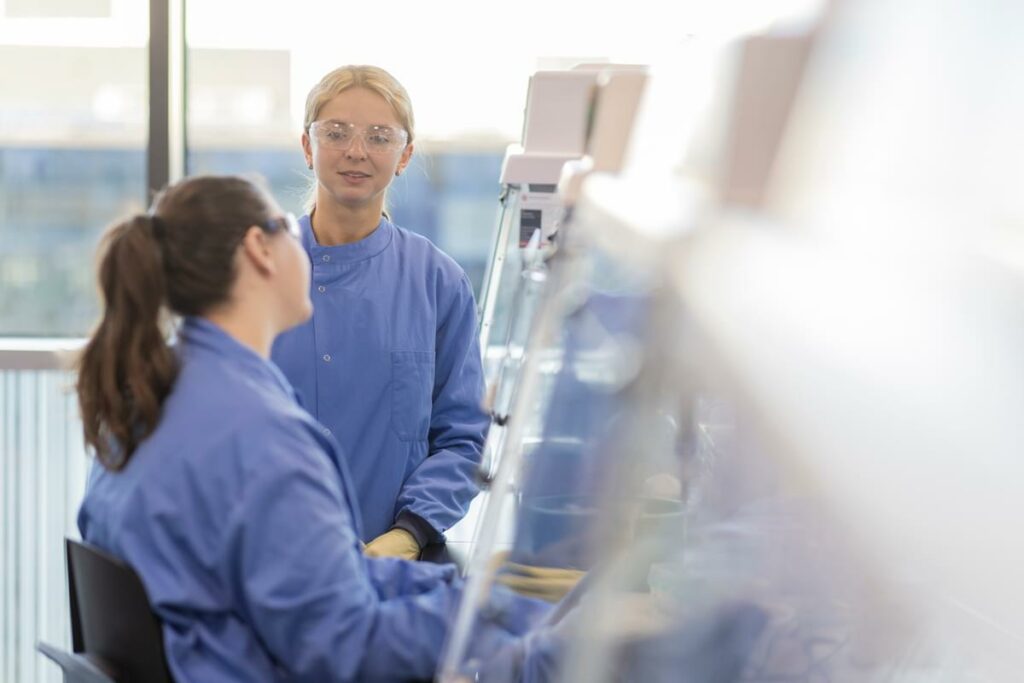
Fellowship opportunities
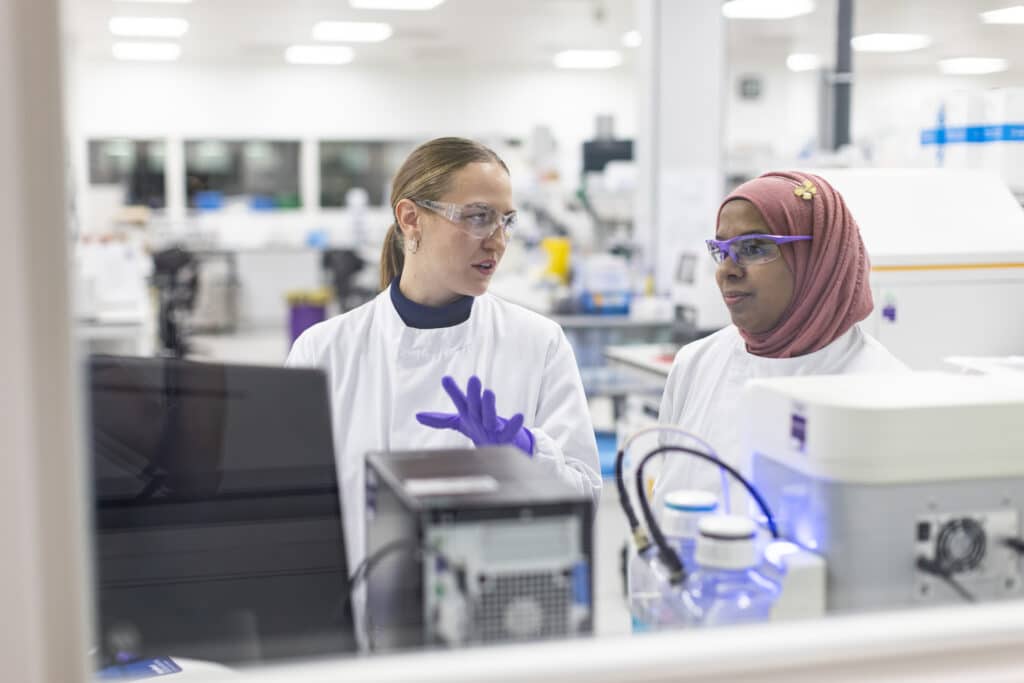
Industrial placement opportunities
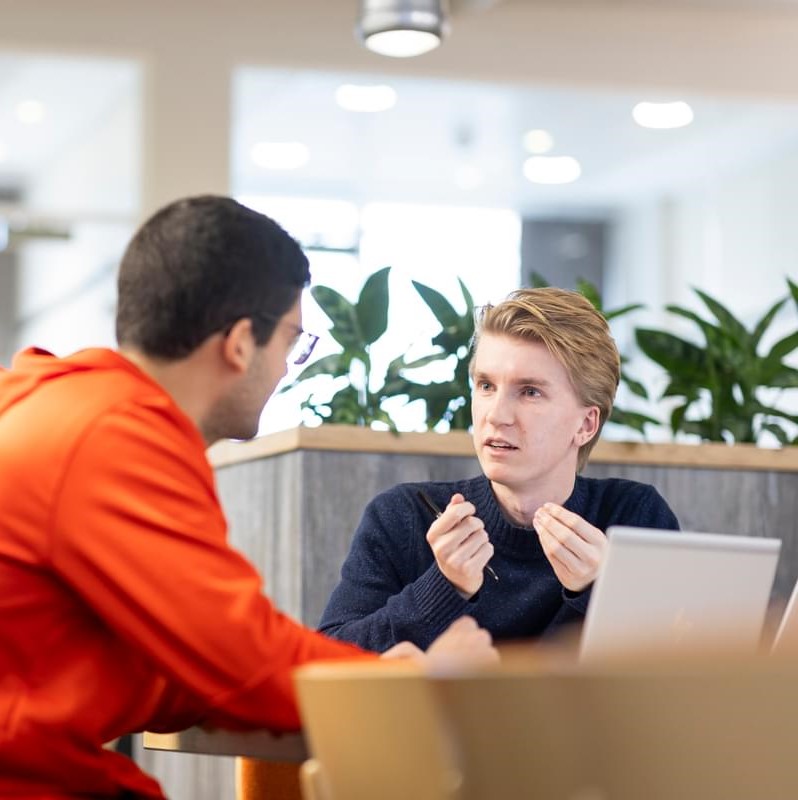
OAG Internships
Contact us
In submitting your personal data via this form, you consent to being contacted via the details provided so that your enquiry can be responded to. If you would like your data to be removed, please email info@lifearc.org.
Please see our Privacy Policy in relation to the personal data you submit to us through this page.
